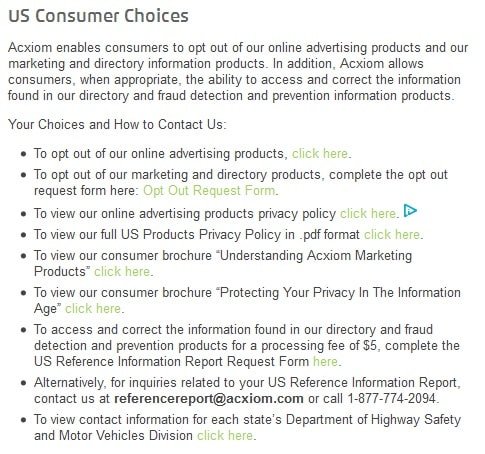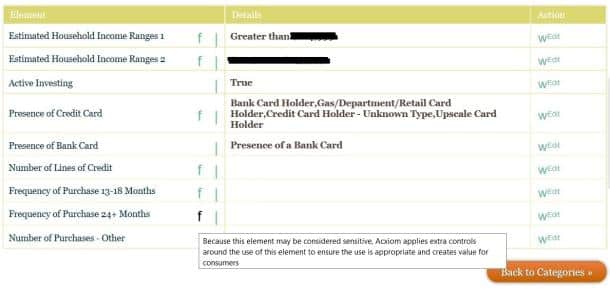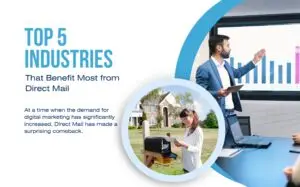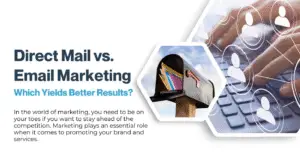
At least one big-name data broker thinks I’m an Asian who owns a cat and a boat and loves to travel. Sounds like someone who leads a much more interesting life than I do.
That’s the profile Acxiom revealed when I plugged my name, address, and other information into the data broker’s free AboutTheData.com service. The beta of the service was released last week. Mine is one of hundreds of millions of profiles Acxiom sells to advertisers and other public and private organizations, which explains all those yachting ads I’m being served up.
For the record, our household owns no pets or boats. While we used to take quite a few trips, we travel infrequently these days. AboutTheData.com promises to let us opt out of receiving targeted ads based on the company’s profile of us. Unfortunately, the “opt-out” option doesn’t erase the data or prevent Acxiom or anyone else from collecting our personal information.
Also, the opt-out link on AboutTheData.com leads to the confusing opt-out page on Acxiom.com. This page shows two different opt-out options: one for online advertising products and another for marketing and directory products, which requires that you fill out a form.

For a $5 fee you can fill out a U.S. Reference Information Report Request Form that lets you access and correct information in Acxiom’s directory and “fraud detection and prevention products.” A toll-free phone number and e-mail address are provided for requesting more information about the report. View the information Acxiom has collected about you Before you send in your $5 to get the scoop on yourself, check out your Acxiom profile on AboutTheData.com. Considering the original sources of the information — government agencies, businesses, retailers, and other public and private organizations — the chances are pretty good you’ll be in the company’s database. Acxiom claims to have the lowdown on hundreds of millions of people around the world, and about half the population of the U.S. Start by clicking the link at the bottom of the AboutTheData.com home page to “See and Edit Marketing Data about You.” Complete an online form that asks for your name, address, complete birthday, e-mail address, and the last four digits of your Social Security number. Usually I would hesitate to volunteer this information to a site I haven’t done business with in the past. But data brokers such as Acxiom know a lot more about us than these basics. After you enter the captcha and press Enter, Acxiom’s marketing data about you is presented in six categories: Characteristics, Home, Vehicle, Economic, Shopping, and Household Interests. For example, the Economic category estimates your household income and indicates the type of credit cards you use, your purchasing history, and your lines of credit. The blue “f” designates sensitive information for which Acxiom has applied “extra controls.” At the end of each entry is an Edit button; I didn’t test this option, as I explain below.

No way to opt out of personal-data collection Above the categories on AboutTheData.com’s main profile page are links to information on how Acxiom collects the data, who can change the data, how quickly the changes take effect, and how to opt out of the company’s targeted advertising. As I mentioned above, opting out is far from a click-once-and-done operation. After you opt out, you see just as many ads as you did previously, but the ads will be generic rather than customized to your profile. More importantly, Acxiom retains the data it has about you and will likely continue to use it in other ways. And Acxiom is only one of hundreds of data brokers that collect and resell your personal information. Opting out of any single service doesn’t do much to protect your privacy. That’s why I viewed my profile and recorded it in screenshots but didn’t use AboutTheData.com’s edit options to make any corrections. For one thing, I feel no need to improve Acxiom’s product without receiving any compensation for my effort. Even when you correct errors in Acxiom’s profile, the mistakes may persist at whatever source the company tapped to collect the data. I’m happy to remain an Asian who takes my cat sailing to exotic locales. Maybe Acxiom knows more about me than it lets on The AboutTheData.com terms of service state clearly that Acxiom claims not to be a consumer reporting agency, as defined by the Fair Credit Reporting Act, and so is not subject to the “credit repair” requirements that TransUnion, Experian, and Equifax must follow.

As Adi Kamdar points out on the Electronic Frontier Foundation site, Acxiom’s dossiers are much more detailed than the information shown in AboutTheData.com profiles. Kamdar and other critics consider the free service an attempt by Acxiom to ward off government regulation of their data-collection operations. Among the most vocal critics of data brokers is Julie Brill, commissioner of the U.S. Federal Trade Commission. In her keynote address at the 23rd Computers Freedom and Privacy Conference last June (PDF), Brill proposed the Reclaim Your Name initiative. According to Brill, the initiative’s goal would be to “give consumers the knowledge and the technological tools to reassert some control over their personal data — to be the ones to decide how much to share, with whom, and for what purpose.” Last May the FTC warned 10 data brokers that they violated the Fair Credit and Reporting Act by offering to sell consumer information to FTC employees who posed as individuals and representatives of businesses and who intended to use the information to decide the consumers’ creditworthiness, eligibility for insurance, or suitability for employment. Errors in the brokers’ data-collection process can have serious consequences for consumers. On the Justicia.com site, Anita Ramasastry explains the impact of such mistakes and how the Reclaim Your Name initiative may address the matter. Data brokers gone wild… and unregulated While Ramasastry describes AboutTheData.com as “an interesting start” despite its many errors, it’s safe to say the service does little if anything to ameliorate the situation. Some might say the service makes matters worse by offering the appearance of transparency when none in fact exists. The Privacy Rights Clearinghouse’s directory of data brokers lists 253 such businesses as of the March 2013 update. Many of the brokers let you opt out only partially or not at all.
When it comes to Homeowners Marketing Services, we play by the rules and beyond that, we value people’s privacy, whether they are our customers, our targeted marketing audiences (New Homeowners, New Businesses, New Movers) or visitors of our website.
We also provide any person who’s on our targeted audience the simple means to get themselves removed from our lists.
Finally, you can read our Privacy Policy here. We stand by it.
As appeared on CNET



